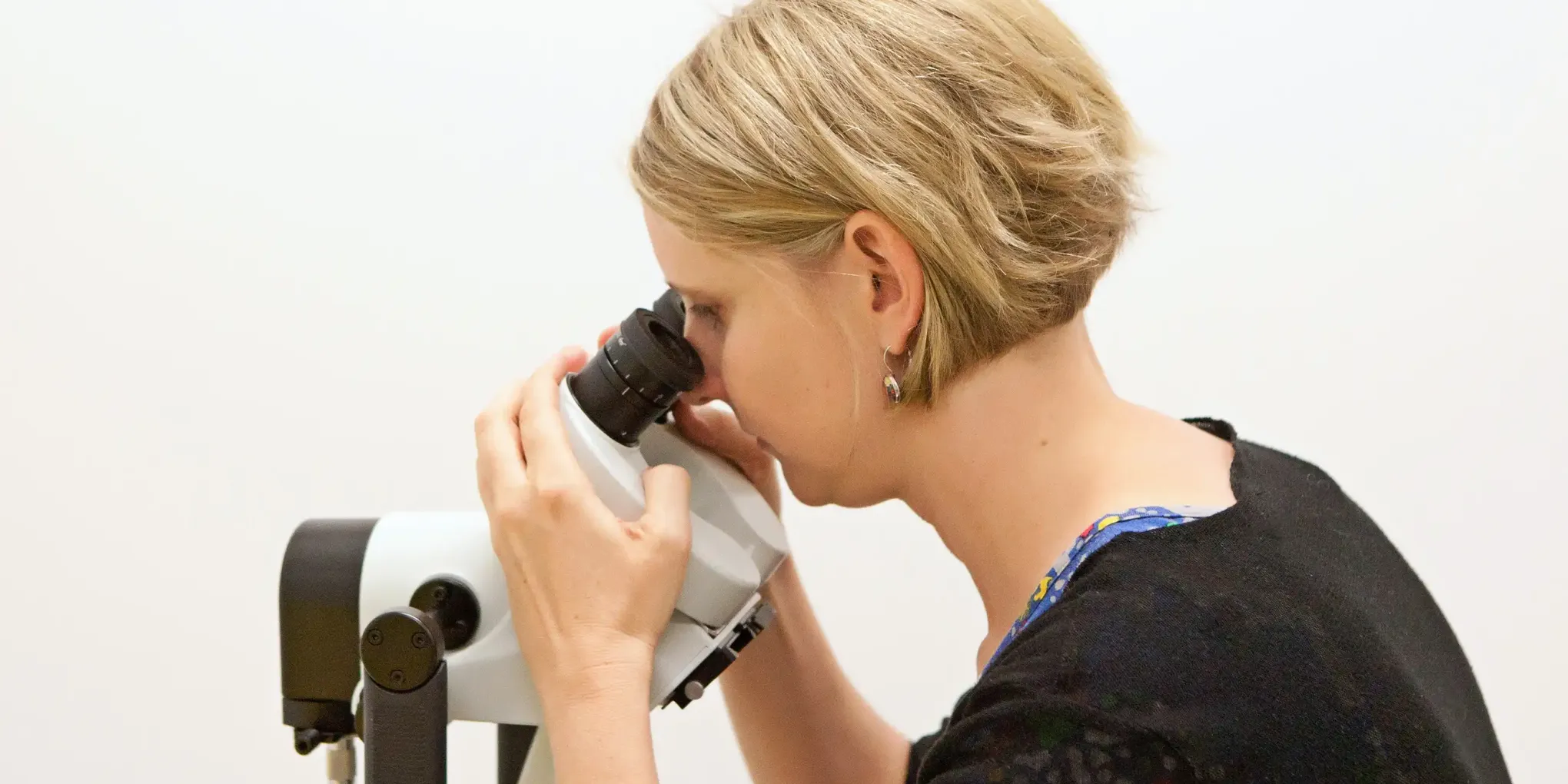Many couples experience difficulty conceiving, and are often unsure about when to seek help. Knowing what is normal fertility and what can affect your fertility can help you in making decisions regarding your care.
The stats
For each menstrual cycle, a normally fertile couple has only a 20% chance of conceiving. The precise figure is slightly higher in your early twenties and drops to only 5% after the age of 40. Whilst half of all couples will conceive within 3 months, it is not until 12 months of regular unprotected intercourse has passed that 90% of couples will have fallen pregnant. This means that 1 in 10 couples will still be trying to conceive after a year.
For couples taking a little longer, there is an identifiable underlying cause in only two-thirds of such cases. Many of these conditions are treatable, and do not always require IVF. For those in whom the difficulties remain “unexplained”, half will conceive over the following 12 months without any specific treatment.
For those patients who do require IVF, your doctor will facilitate your care with IVF providers in Bundaberg, Sunshine Coast and Brisbane dependent on your needs and preferences.
Seeking advice
Specialist advice is commonly sought after 12 months of trying. Earlier review is recommended by the doctors consulting from Celebrate Women for those over 35 years of age, or if there is another reason to suspect a fertility problem (e.g. previous removal of a fallopian tube or irregular periods). Sometimes couples are starting to worry and appreciate earlier review to provide reassurance, early information or simply to know the pathway ahead if needed. Your doctor understands feeling confident and informed matters too.
Assessment
Helping you to have a baby usually begins by your doctor assessing you, and your partner’s, general health. It is helpful if both partners can come to the initial appointment. Initial tests assess whether:
- The ovaries are likely to be releasing an ova (“egg”) each cycle
- The tubes are open, thus allowing the ova to move through the tube and meet the sperm
- The semen quality
To gather this information for you it is likely that you will need:
- Blood tests
- An ultrasound
- Semen analysis
Before falling pregnant
Even before falling pregnant, there are many things you can do to optimise your own and your future baby’s health.
- Commence a multivitamin with folate
- Make sure your vaccinations are up to date (rubella, whooping cough, influenza, varicella (chicken pox), covid)
- See your GP to check any medical conditions (e.g. diabetes or blood pressure) are well-controlled and that your medications are safe for a developing baby
- Start making small changes towards a healthy lifestyle now:
- Seek help to quit smoking
- Find physical activities you enjoy and that provide a social outlet — this will be important later on
- Seek out fruit and vegetables to add nutrition to your diet. Make a plan to tackle any weight issues slowly and with support
“Preconception Care” is a very important part of creating healthy families and communities. We are always happy to meet couples early in their journey to parenthood.
Who needs to come to Fertility Appointments?
Fertility issues affect both members of a couple, and your doctor encourages couples to attend together wherever possible.
The first visit is generally 40 minutes, and booked in the female partner’s name. If your GP has been able to arrange a semen analysis prior to your visit, there will be no charge for the male partner at this time.

